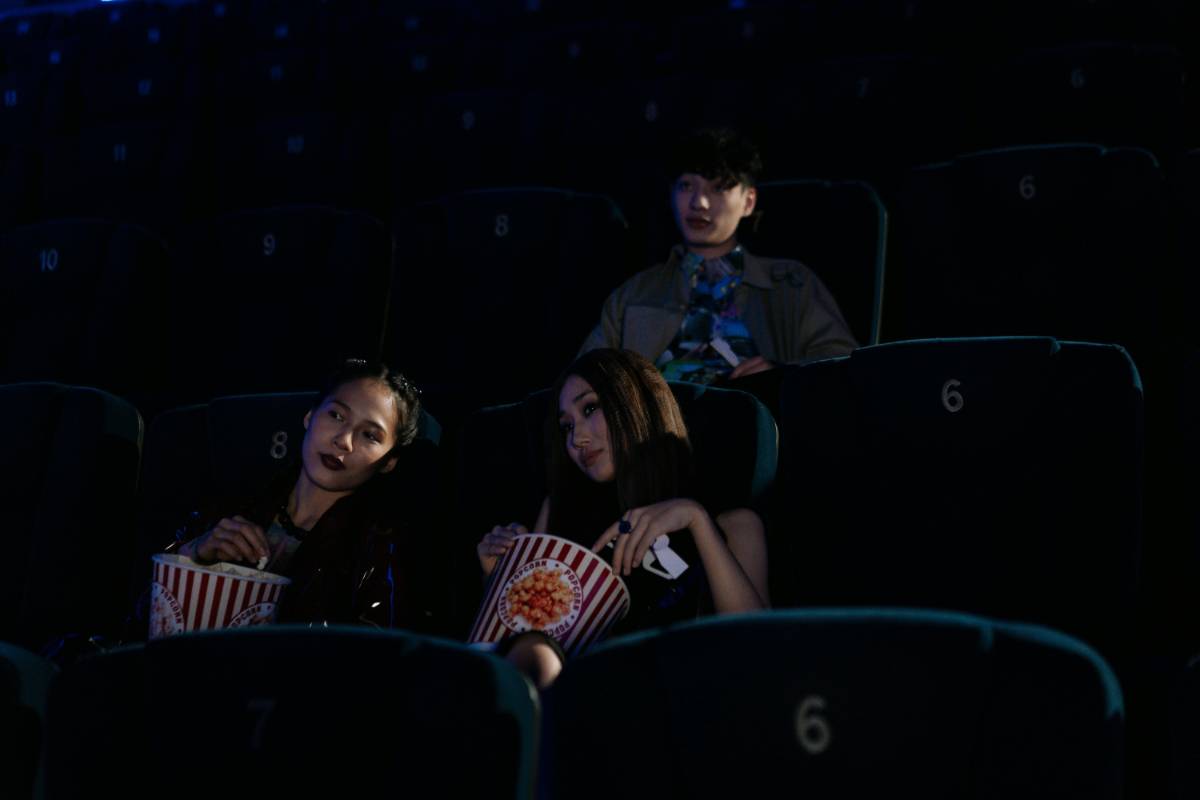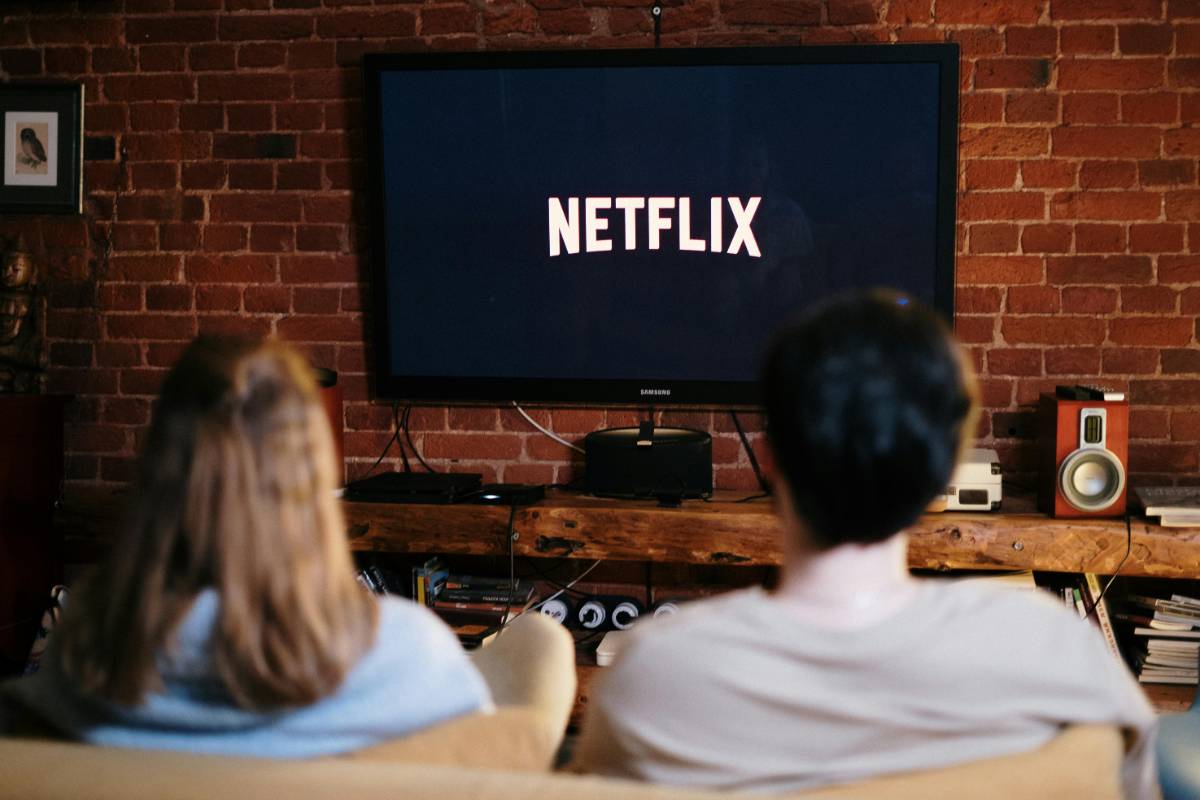Hollywood and the Oscars: A Love-Hate Relationship
13 Sep 2025
Read Time: 5 min read

The Oscars, formally known as the Academy Awards, have long been Hollywood’s most prestigious event, a night where the film industry celebrates its finest achievements. However, the relationship between Hollywood and the Oscars has always been a complex one, marked by both love and frustration. From the excitement of winning an Oscar to the controversies surrounding nominations and winners, the Academy Awards have become more than just a ceremony—they are a reflection of Hollywood’s evolving identity and values.
 The Glamour and Prestige of the Oscars
The Glamour and Prestige of the OscarsThe Oscars hold a special place in Hollywood history, serving as the ultimate recognition for cinematic excellence. For filmmakers, actors, and all those involved in a film, winning an Academy Award is the pinnacle of success. The Oscars ceremony is a night of glamour, with stars walking the red carpet, showcasing their fashion choices, and enjoying the spotlight. It’s a moment when the world’s attention is focused on Hollywood’s finest.
Winning an Oscar can significantly boost an actor’s or director’s career, often leading to greater opportunities and more lucrative projects. Films that win Oscars often see a surge in box office sales and critical acclaim. The event also garners global media attention, solidifying the winners’ place in Hollywood history. This level of prestige is unmatched in any other industry, making the Oscars a central part of Hollywood culture.
But while the glamour is undeniable, the Oscars are not without their controversies, especially when it comes to the question of who gets nominated and, more importantly, who wins.
Controversies and Criticisms: A Darker Side to the GlamourWhile the Oscars are supposed to be a celebration of artistic achievement, they have often faced criticism for their lack of diversity, political influence, and occasionally outdated practices. In recent years, the issue of racial representation has been at the forefront of the Oscars conversation. The #OscarsSoWhite movement, which began in 2015, highlighted the fact that many years saw a lack of diversity in the nominations, especially among people of color.
Many industry professionals have argued that the Oscars fail to truly reflect the diversity and breadth of talent in Hollywood. The lack of recognition for marginalized groups has led to protests and calls for change, with some even boycotting the ceremony. This criticism points to a deeper issue in Hollywood itself, where certain voices and stories are often overlooked in favor of more mainstream, commercial fare.
Alongside racial diversity issues, there have also been criticisms about the Oscars’ tendency to reward films and performances that are more traditional or “safe,” ignoring groundbreaking or avant-garde projects. Independent films, especially those outside the mainstream, often struggle to receive nominations, even if they have garnered critical acclaim or a strong following. The voting body of the Academy, primarily made up of older, predominantly white male members, has been accused of playing a role in these biases.

In response to the criticisms, the Academy has made efforts to diversify its membership and adjust its policies. For example, in 2016, the Academy announced plans to double the number of women and people of color among its membership by 2020, in an attempt to ensure that the Oscars reflect a broader range of voices. Additionally, the Academy introduced new inclusion standards for films eligible for Best Picture, further emphasizing diversity in both front-of-camera and behind-the-scenes roles.
Despite these efforts, the Oscars are still facing questions about their relevance in an increasingly fragmented entertainment industry. With streaming services like Netflix, Amazon Prime, and Disney+ producing high-quality content, traditional Hollywood studios no longer hold a monopoly on prestige filmmaking. The 2020 Academy Awards, for example, saw “Parasite,” a South Korean film, make history by winning Best Picture, showing that the Oscars may be moving toward greater international inclusivity.
However, the Oscars are still inextricably tied to the traditional Hollywood system. While the changes are positive, they also expose a tension between the new wave of filmmaking and the entrenched values of the Academy, highlighting Hollywood’s struggle to adapt to an evolving industry landscape.
💡 Discover More from Hollywood
In the digital age, the Oscars face new challenges. With the rise of streaming platforms, more and more films are bypassing traditional theater releases and going directly to digital distribution. This shift in how films are consumed has made it more difficult for the Academy to define what constitutes an “Oscar-worthy” film. While the Academy has adapted its eligibility rules to include streaming films, the question of whether a film that bypasses theaters can be considered a true contender for the highest honors in cinema remains a topic of debate.
Furthermore, the Oscars’ ratings have declined in recent years, with fewer people tuning in to watch the ceremony. As the global media landscape becomes more fragmented and niche, the Oscars struggle to maintain their relevance in an age of social media, influencer culture, and viral moments. Some have even questioned whether the Oscars can continue to captivate an audience in a time when many people turn to platforms like YouTube, Instagram, and TikTok for entertainment and cultural commentary.
The Enduring Love-Hate RelationshipDespite all the controversies, the Oscars continue to be a major event in Hollywood’s calendar. The love-hate relationship between Hollywood and the Academy Awards is part of what makes the ceremony so compelling. While the Oscars may not be perfect, they remain the ultimate celebration of film and an important platform for talent to be recognized.
The tension between tradition and progress, inclusivity and exclusivity, glamour and criticism, ensures that the Oscars will always be a topic of conversation in Hollywood and beyond. As the entertainment industry continues to evolve, so too will the Oscars, adapting to the changing landscape while trying to maintain their hold on the title of Hollywood’s most prestigious night. Whether viewed as a necessary tradition or a frustrating relic of an old system, the Oscars will continue to shape Hollywood’s identity for years to come.
Stay Informed
Get the latest and most accurate news delivered straight to your inbox. Subscribe now and never miss an update.

Rahul Sharma
An insightful voice in the industry, crafting content that informs, inspires, and connects with readers.
View all articles →Continue Reading

Travel
How to Make the Most of Business Class Benefits on Your Next Corporate Flight
By David Thompson
02 Oct 2025

Travel
How to Make the Most of Your Corporate Travel Perks – Expert Tips Inside!
By James Carter
31 Aug 2025

Travel
Exploring Indigenous Cultures: Destinations and Responsible Tourism Tips
By Rahul Sharma
20 Sep 2025

Travel
Why Your Corporate Travel Policy May Be Costing You More Than You Think
By David Thompson
18 Sep 2025

Travel
How to Make the Most of Your Airline Miles – Tips from Travel Experts
By Olivia Mitchell
23 Sep 2025












